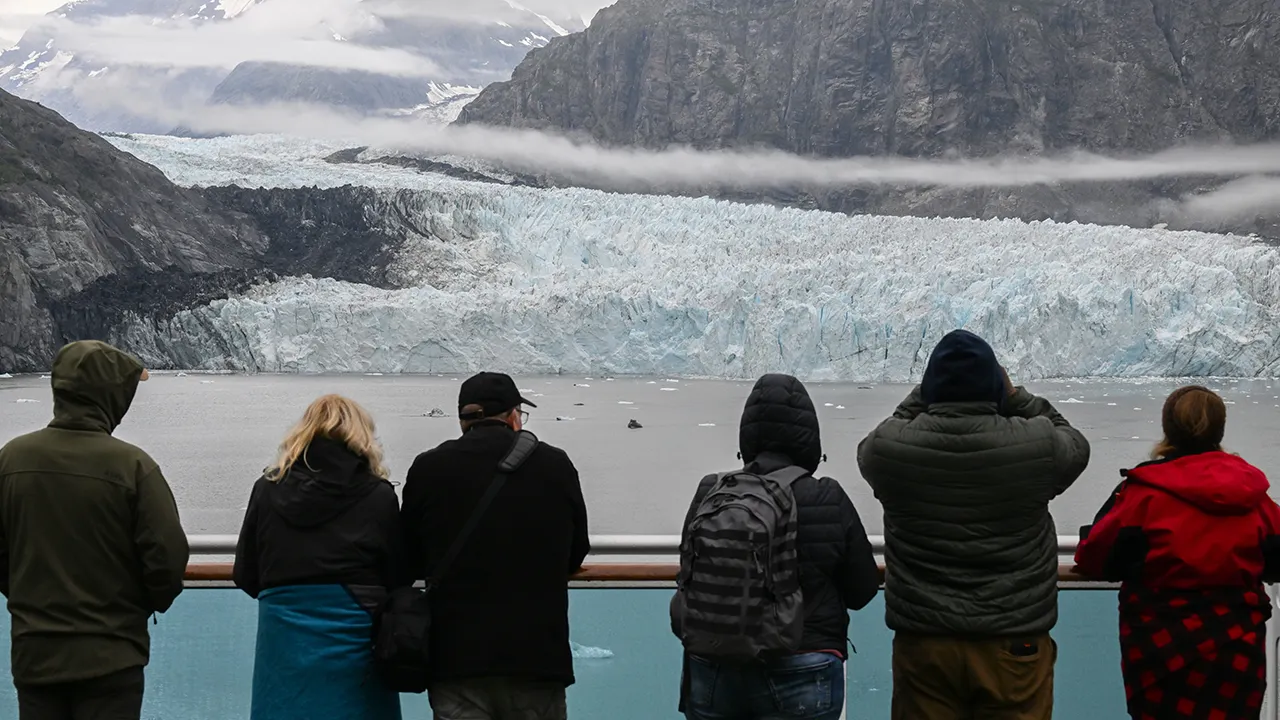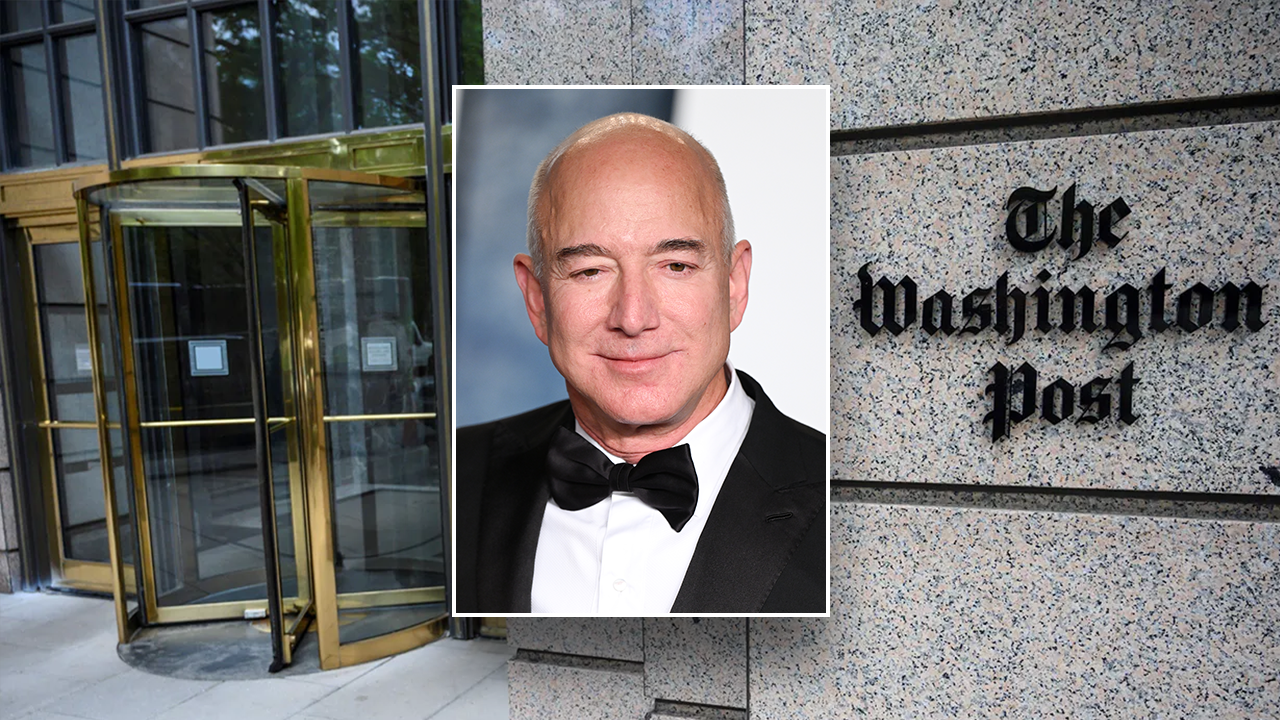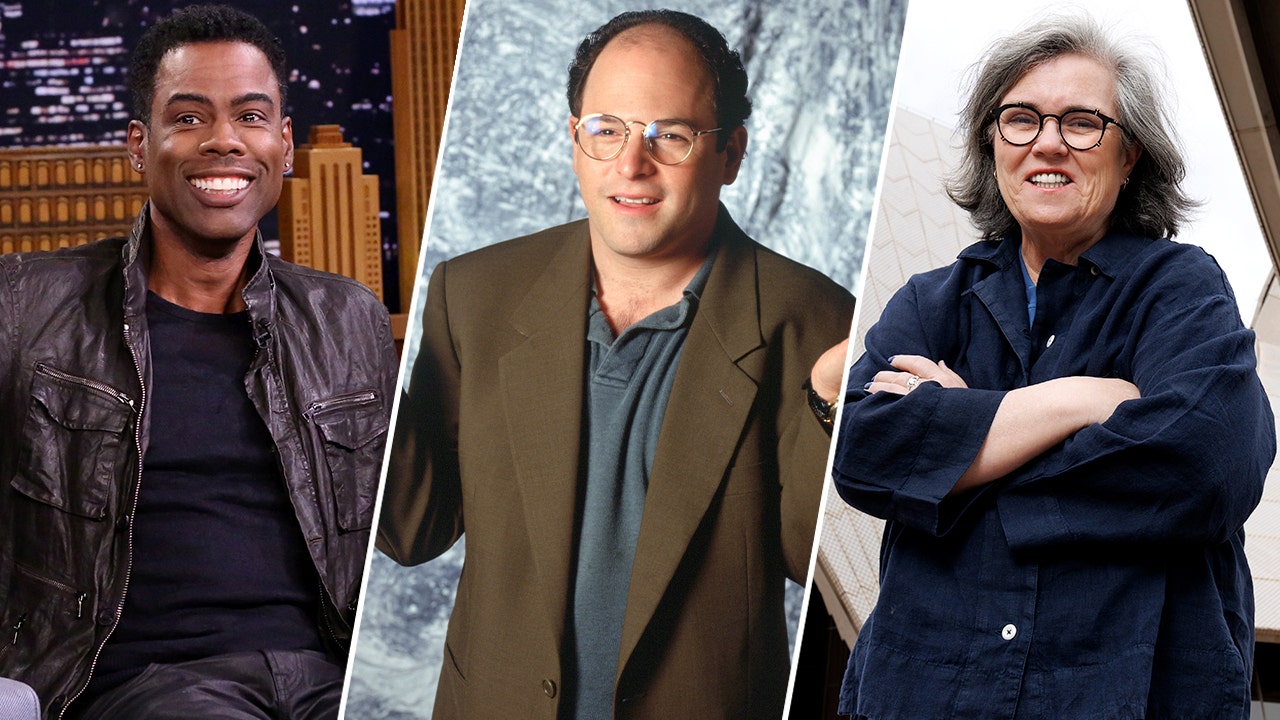NEWYou can now listen to Fox News articles!
The Washington Post is a sinking ship with a captain missing in action. And according to its now-former fact-checker, that missing captain is its billionaire owner, Jeff Bezos.
“He has to be committed to it. If he’s not committed to it, he should find someone else to own it,” Glenn Kessler told Fox News Digital. “I feel like he was kind of committed to it. And then he’s kind of an absentee owner, and he shouldn’t be because it’s, you know, one of the prime assets of American journalism.”
Kessler left the Post in July after more than 27 years at the paper — and his final years there were not the best.
“What’s so saddening is that five years ago, I would not have imagined The Washington Post would be in this state,” Kessler said.
WASHINGTON POST’S EFFORTS TO COURT CONSERVATIVES COULD DRIVE AWAY ITS LIBERAL READERS, EX-FACT CHECKER WARNS
Kessler never considered leaving the Post until he was presented with the buyout offer, which he accepted. The Post has been financially bleeding, so much so that it reportedly was on pace to lose at least $77 million in 2024. The buyouts had targeted the most veteran staffers, aiming to cut costs and ward off layoffs for the time being.
The famed fact-checker was among several high-profile journalists and columnists who have left the paper in recent months, many of whom took issue with decisions and editorial changes Bezos himself had ordered.
Kessler compared the Post to “being on the Titanic after it struck an iceberg — drifting aimlessly as it sank, with not enough lifeboats for everyone” in a piece he wrote on his newly-launched Substack account.
“They have to have a vision of where they want to go. And I’ve not seen that vision yet. Or if there is a vision, it’s not been clearly articulated,” Kessler said. “It’s gonna be a really rocky period in the news business in the next five to ten years. And the Post needs to be prepared for that. And I kind of feel like they’ve lost a lot of, you know, important sailors and captains to keep the ship going. So they’re gonna have to make do with less.”
Before hitting the iceberg
Bezos has been the target of intense blowback by liberals, who’ve accused him of bending the knee to President Donald Trump based on actions that have rocked the paper.
First was his decision in October to halt the planned endorsement of then-Vice President Kamala Harris just days before the presidential election.
Then, in February, he launched a new mission for the editorial pages to promote “personal liberties and free markets,” vowing to not publish any pieces that go against those principles.
Both instances sparked rebellion among the paper’s liberal readers, leading to the cancellation of hundreds of thousands of subscriptions. Several staffers also resigned in protest.
But Kessler wasn’t always a Bezos critic. He credited the Amazon founder for saving the Post when he bought it in 2013.
“Before Bezos bought the newspaper, it was in really bad shape,” he told Fox News Digital. “People forget how, you know, because the Graham family didn’t really have the resources to keep it going in the new era. And there had been a bunch of buyouts and people were asked to leave. So it had been a pretty grim period then.”
WASHINGTON POST BOMBARDED WITH ‘CAKE’ PARTIES FOR DEPARTING STAFFERS
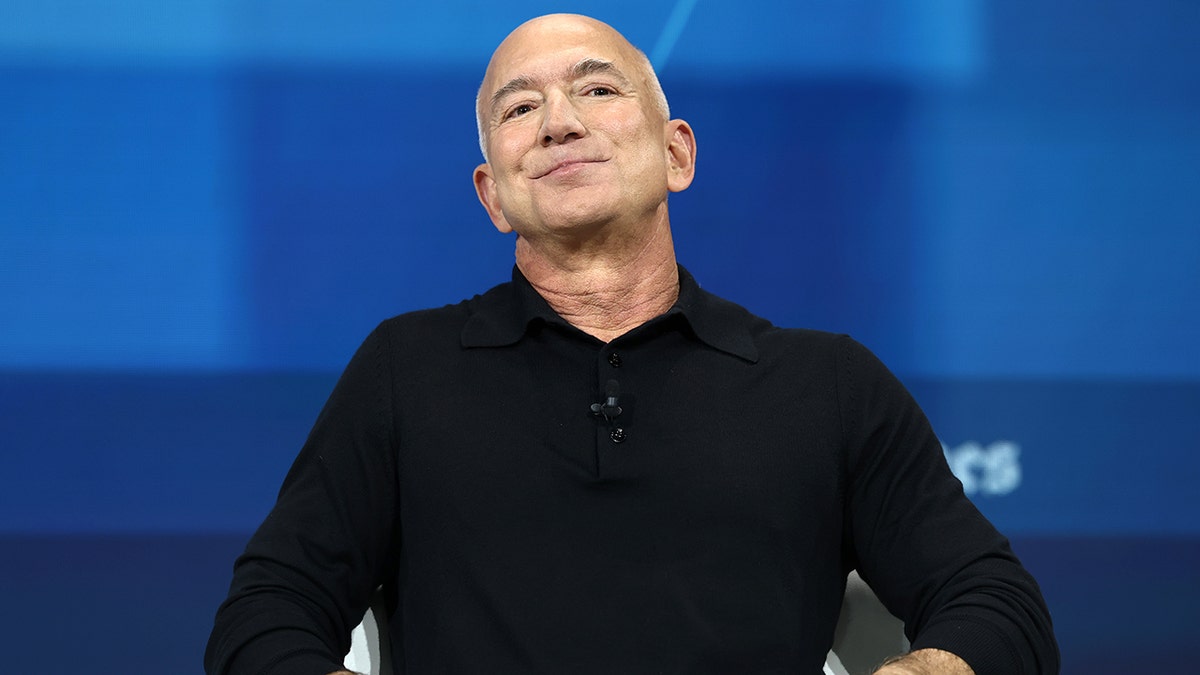
Things at the Post were souring so much so that Kessler himself had been interviewing for a different job outside the paper. That was until he was offered The Fact Checker stint in 2011, which he accepted, thinking that if the ship went down, he himself could stay afloat with his own “brand.”
“But then Bezos bought the paper, and he invested a lot of money in the paper,” Kessler said. “So the size of the staff doubled. The number of foreign bureaus probably went up [by] at least a third. The resources devoted to engineering support surged, so the web pages started loading faster, and we could do fantastic graphics. There was investment in video… And you really felt like the Post was going places, and it was actually producing better journalism at any point in the time I had worked at the Post.”
“And now it is just… it’s like it hit an iceberg, and it’s kind of drifting there, and I don’t think there’s a plan to rescue it. Or at least a plan to, you know, turn the ship around and get it moving in the direction it was.”
‘The Avis Problem’
Kessler blamed management for being “a little dazzled” by the traffic spike that came during the first Trump administration, reaching levels “almost equal” to the Post’s top rival, The New York Times. But then, unlike the Times, the Post failed to capitalize on its new readers by not expanding its portfolio.
“I’ve sat in many meetings and had many discussions and heard lots of speeches. I still have no idea what they’re trying to do,” Kessler said of his former bosses. “It vaguely seems to say we’re gonna appeal [to] the people… who don’t really care about the news. And we’re gonna provide products that would allow them to read The Washington Post and find out information they need to know,” he said.
“And the problem, as I wrote in my piece, is that that’s what The New York Times has been doing for ten years. They have 10 million subscribers, but a large chunk of that are people that don’t get the core news product,” Kessler continued. “They get the recipes, they get The Athletic — the sports section, they get product recommendations, they get the games, they play Wordle.”
WASHINGTON POST REELING FROM BUYOUT EXODUS AS BOSSES HOPE TO TURN THE PAGE AT EMBATTLED PAPER
He said the Post is stuck with “the Avis problem,” citing the car rental company’s old ads that claimed “We try harder,” alluding to the reality it was always in the shadow of Hertz, a dynamic similar to the Gray Lady.
“The Washington Post has always been No. 2. It’s never had the same size circulation as the Times. I would argue news coverage was better, but maybe I was biased about that,” Kessler conceded to Fox News Digital.
“But now in this fragmented marketplace, people have to make a choice. What Substacks am I going to subscribe to? What newsletters am I gonna get? What networks am I going to watch? ‘Oh, I need one newspaper. I’ll be willing to spend money on one newspaper,’ and the default is always going to be, unfortunately, The New York Times.”
He continued, “It’s a broader product. It has better arts coverage, theater coverage. I’ve never gotten an understanding of how the Post was going to combat that problem. And it sounded like the solution was, ‘Oh, we’re going to be like a mini-me New York Times with things to appeal to people that don’t follow news.’ Well, they already get that in The New York Times.”
The Post has scrapped an initiative launched last year dubbed “WP Ventures,” meant to attract social media users. However, the paper appears to already be pivoting with Tuesday’s announcement of former Axios executive editor and former Post reporter, Sara Kehaulani Goo, returning as its president of Creator Network — a new position Goo says will be “creating personality-driven content” and help provide advertisers “access” to a new audience driven by creators.
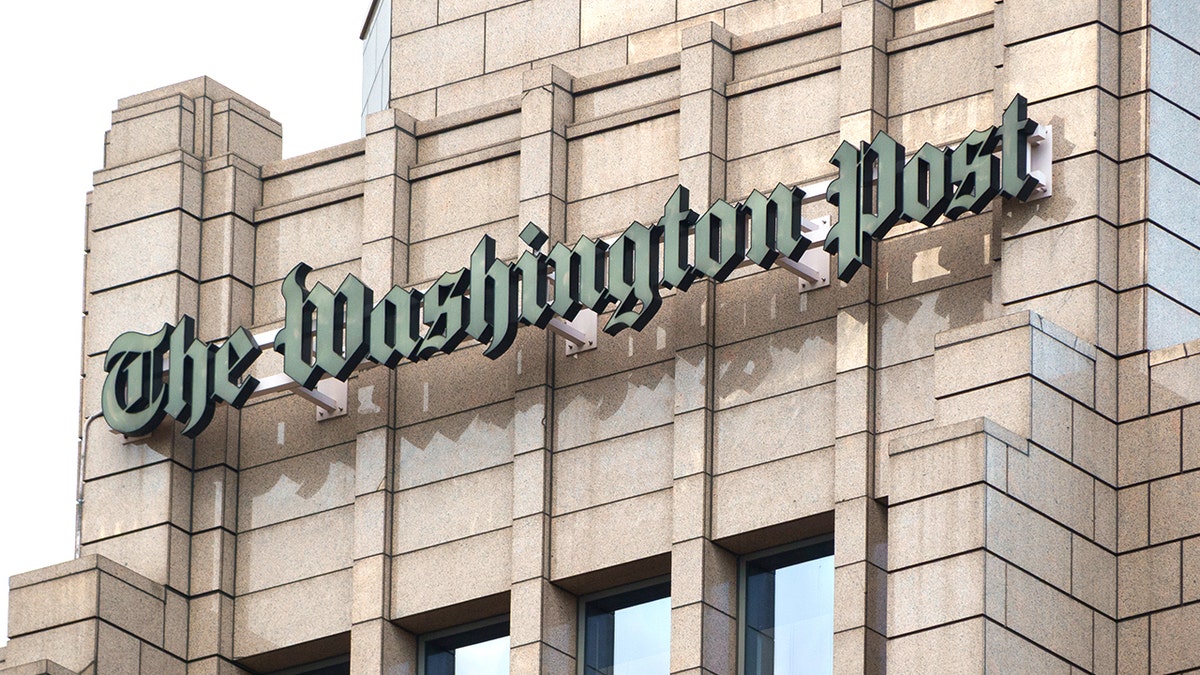
The ‘meteorite’ wiping off the remaining dinosaurs
The Times and the rise of new media weren’t the only obstacles facing the Post.
“Midway through my journalism career, I started saying, ‘I’m working for a dinosaur.’ And AI is quite possibly the meteorite that will kill off the last of the dinosaurs,” Kessler said to Fox News Digital. “I’m greatly concerned about what AI is gonna do, because AI is gonna kill search. And search was how people often found our news articles.”
“The statistics I had seen was that four or five years ago, every 100 searches on Google yielded six clicks on a news site. Now it’s about every 100 searches yields two clicks on the news site. When people use AI, a thousand searches result in one click,” he continued. “So it’s a dramatic difference. And if I were running a news organization, at this point, I don’t know quite what I would do about that. So it’s a bad time to be running a new organization. I do have sympathy for the situation that [Washington Post publisher and CEO] Will Lewis and [Washington Post executive editor] Matt Murray find themselves in right now. I just question whether or not they really have figured out what to do.”
Goo said in her announcement that “we’re going to be infusing AI with everything that we do to help us maximize efficiency and scale.”
But the buck ultimately stops with Bezos, according to Kessler.
“The Post was really at its high point [after Bezos’ purchase]— the amount of stories we’re producing, the quality of the stories was really significant. And then, traffic surged when Trump got elected and there was so much hunger and interest in the news we were producing. We kind of lost our way after that,” Kessler said. “And not only lost our way, we started losing oodles of money. A hundred million dollars one year, I think the last number I saw [in] 2023 was $77 million… I think even for a person as rich as Jeff Bezos, that counts as real money.”
“And I have gotten the sense that he’s a bit of an absentee owner. He’s had other distractions, and he’s committed more to some of his other enterprises, such as a space company, than he is to The Washington Post, which is really just a tiny part of his business investments. And maybe, I don’t know, I hate to speculate, maybe you thought he gave us his best shot, and we blew it, and now we’ve got it muddled through,” he added.
A spokesperson for The Washington Post told Fox News Digital, “The Washington Post is reinventing itself to be a trusted news source for all Americans. That means working hard each day to publish the most accurate news, alongside opinions that resonate across the nation.”
Fox News’ Annie McCuen contributed to this report.
Read the full article here
